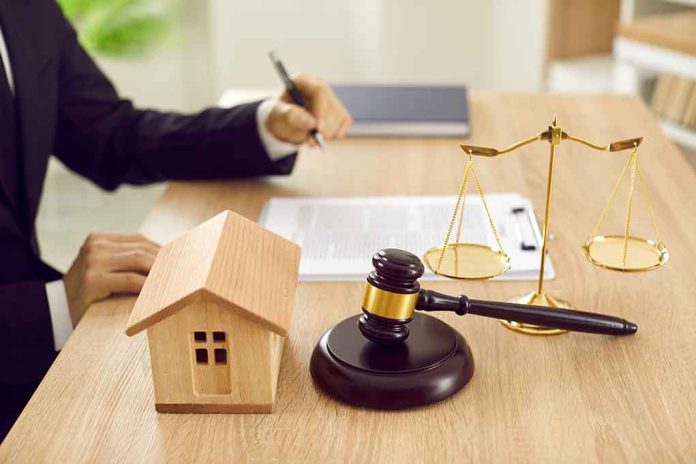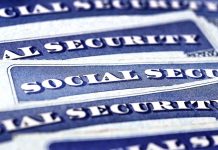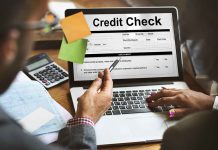
Must-Know Information About Foreclosed Homes – Read Before Shopping
(UnitedVoice.com) – Buying a house is expensive. Many times, when people seek to buy their dream home, they can’t afford the down payment. Fortunately, there are many programs available to help people find a home. One way people can buy an affordable house is to look at foreclosures. Buying a foreclosed home can offer significant savings, but it can also come with risks that should be considered before buying.
Most banks are willing to sell foreclosed homes below market value to recoup some of their losses. However, these homes are sold “as is,” meaning the buyer is responsible for any repairs needed to make the home livable. Sometimes these repairs can outweigh the money you save from selling a foreclosed home. Buyer beware!
What is a Foreclosed Home?
A bank forecloses on a home when the buyer does not make payments for an extended period. There are many stages that a house goes through during the closing process, with their own unique steps and costs. Some states require the foreclosure to be signed by a judge, but others have different rules.
Several different situations can arise when a home goes into foreclosure. It includes:
- The owner signed the home over to a bank.
- The owner and the bank have agreed to sell the home, and the proceeds will be used to pay off the first mortgage.
- The house went up for sale, and the bank accepted the offer.
- A local or regional fiscal district seized the home for non-payment of taxes.
Pitfalls of Buying a Foreclosed Home
Two factors affect the sale of a foreclosed home. These include neglect and violence. When homeowners lose their homes due to missed payments, they may not have the money to repair them. Lack of maintenance can cause hidden water damage or damage to the building that requires repair to make the home uninhabitable.
Worse, if the home has been vacant for a while, especially in areas with bad weather, it can cause damage to the house.
Owners who are angry about losing their homes sometimes destroy them before leaving. In the past, homes have been found with damage. The walls and structures even use harsh chemicals to damage the pipes or flooring. This can result in thousands of dollars in repairs. If these damages are hidden, you may not know about them until you own the home.
In addition, there may be taxes or other hidden fees. New owners must pay these fees if the bank does not want to work with them.
How to Avoid Hidden Fees
The best way to determine the condition of a home before you buy is to have a professional inspect the house. The inspection can cost between $300 and $400 to get started. However, it can be more depending on the circumstances.
Inspectors look at plumbing, electrical, and heating/AC systems. Foundations, walls, and roof issues are also examined. The bank does not carry out these repairs, but the buyer will know what to expect at the time of purchase.
You should also check the tax records on the home before you buy and ensure you know the amount of taxes. Having this information means you can fix your home delivery, so you don’t have to pay.
If you are selling a house at auction and they won’t let you inspect it, you should walk around the property and look for signs of damage to the house. In addition, check the condition of the homes in the area. You can visit a real estate agent to find out how much the home is worth compared to nearby prices.
Copyright 2022, UnitedVoice.com






















